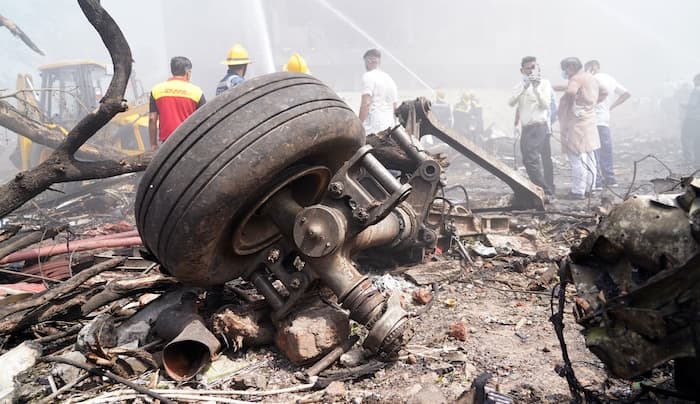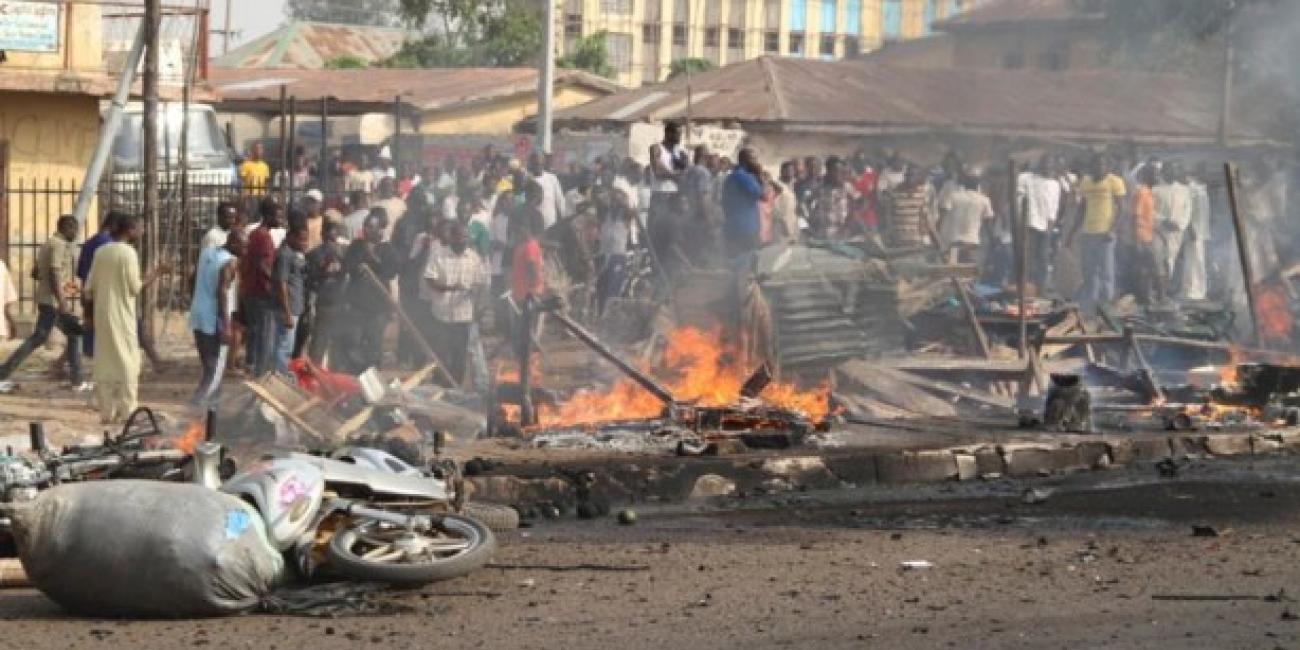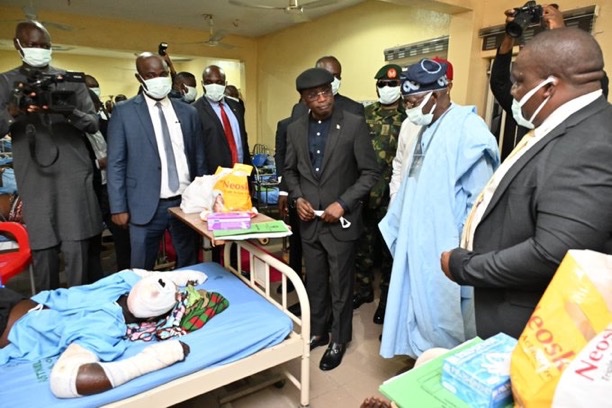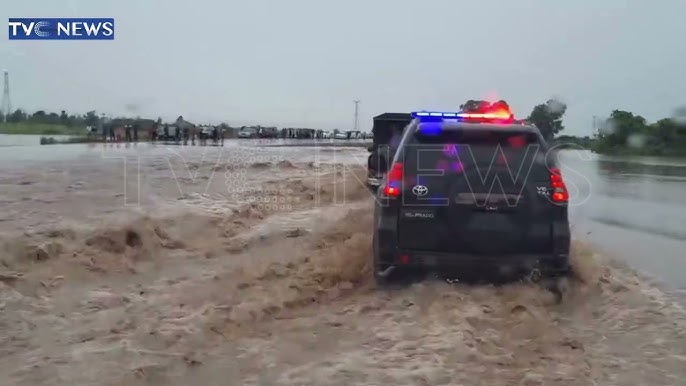The death toll from the catastrophic crash of Air India Flight AI171 in Ahmedabad, India, has reached 270, marking it as one of the deadliest aviation disasters in recent history. The Boeing 787-8 Dreamliner, en route to London’s Gatwick Airport, crashed into a medical college hostel and canteen complex in the densely populated Meghaninagar area on June 12, 2025, minutes after departing Sardar Vallabhbhai Patel International Airport. The incident has left families in India and the United Kingdom grappling with grief and frustration as they await the release of victims’ remains and answers about the tragedy.
Flight AI171 carried 242 passengers and crew, with 241 confirmed deceased and one survivor, Vishwash Kumar Ramesh, a 27-year-old British national of Indian origin. Ramesh, who sustained severe burns and multiple fractures, is receiving treatment at Ahmedabad Civil Hospital and is reported to be stable but under close observation. On the ground, at least 29 individuals, including medical students and staff at the hostel, perished when the aircraft’s impact obliterated parts of the GMERS Medical College complex, igniting a fire that complicated rescue efforts.
The identification of victims has proven challenging due to the extensive damage caused by the crash and subsequent fire. Authorities at the Civil Hospital’s morgue are relying on DNA analysis and dental records to confirm identities, a process expected to take up to 72 hours for some remains. Families, such as that of Rafiq Abdul Hafiz Memon, who lost his nephew, have expressed anguish over the delays and lack of clear communication from officials, with many camping outside the morgue in hopes of retrieving their loved ones’ bodies.
Indian authorities have recovered the flight’s black box, comprising the cockpit voice recorder and flight data recorder, which has been sent to the Directorate General of Civil Aviation (DGCA) in New Delhi for analysis. A multi-agency investigation is underway, involving India’s Aircraft Accident Investigation Bureau (AAIB), the U.S. National Transportation Safety Board (NTSB), and the United Kingdom’s Air Accidents Investigation Branch (AAIB). The probe aims to determine the cause of the crash, with early reports suggesting no distress call was made by the pilots prior to the incident.
A high-level committee, chaired by Union Home Secretary Govind Mohan, has been established to oversee the investigation and recommend measures to prevent future tragedies. The committee includes representatives from the DGCA, the Ministry of Civil Aviation, and independent aviation safety experts. Prime Minister Narendra Modi has personally monitored the response, visiting the crash site and meeting with affected families to assure them of a thorough inquiry.
The crash has reignited scrutiny of Air India’s safety record, which has faced criticism following previous incidents, including a 2018 Boeing 737 mishap and a 2020 crash in Kozhikode that killed 21. However, aviation analysts note that the Boeing 787-8 Dreamliner, involved in its first fatal crash since entering service in 2009, has an otherwise strong safety record. Speculation about potential causes—ranging from mechanical failure to human error—has been cautioned against by officials until the investigation yields conclusive findings.
Among the victims were prominent figures, including former Gujarat Chief Minister Vijay Rupani, who was traveling with his wife to visit family in London. The crash also claimed entire families, such as the Nanabawas from Gloucester, UK, whose loss has devastated their local community. Tributes have poured in, with candlelight vigils held in Ahmedabad and London to honor the deceased, reflecting the cross-border impact of the disaster.
Air India, owned by the Tata Group since its privatization in 2022, has pledged comprehensive support for victims’ families. The airline has announced compensation of 10 million rupees (approximately £86,000) per deceased passenger and crew member, alongside covering medical expenses for the injured. Tata Group Chairman N. Chandrasekaran issued a statement expressing condolences and committing to cooperate fully with the investigation.
The Meghaninagar crash site, now cordoned off by security forces, remains a scene of devastation, with debris scattered across the medical college premises. Rescue operations continue to ensure no additional victims are trapped, though hopes of finding survivors have faded. The local hospitals, including those in nearby Mumbai, have treated over of minor injuries from the ground impact, with psychological counseling offered to first responders and witnesses traumatized by the event.
The tragedy has prompted renewed calls for stricter aviation safety regulations in India, where air travel has surged amid economic growth. Civil Aviation Minister Jyotish Adhikari emphasized the government’s commitment to enhancing safety protocols, including real-time runway monitoring and mandatory safety audits. The DGCA has ordered inspections of all Boeing 787s in India’s fleet as a precautionary measure, though no immediate grounding was deemed necessary.
Families of the victims, particularly those in the UK, have demanded transparency regarding the investigation’s progress. The British government, through its High Commission in New Delhi, is facilitating repatriation efforts for British nationals and coordinating with Indian authorities. The UK’s AAIB has deployed advanced forensic tools to assist in analyzing the wreckage, underscoring the international collaboration.
The crash’s ripple effects extend to the global aviation industry, with Boeing facing questions about the Dreamliner’s performance despite its reliability history. The manufacturer has dispatched a team to Ahmedabad and issued a statement affirming its commitment to assist investigators. Industry experts, however, stress that premature conclusions could obscure the complex factors behind such rare incidents.




